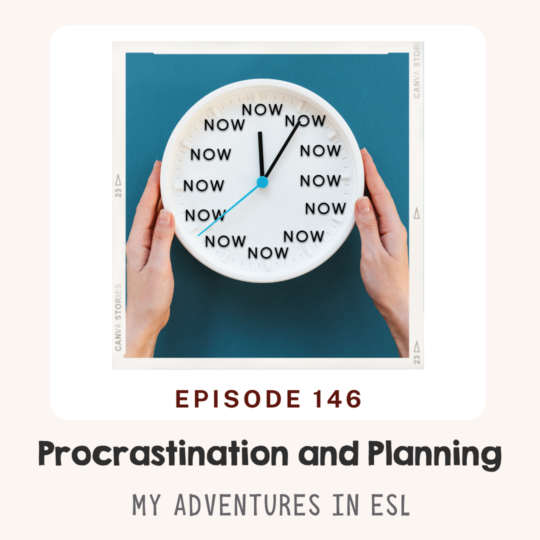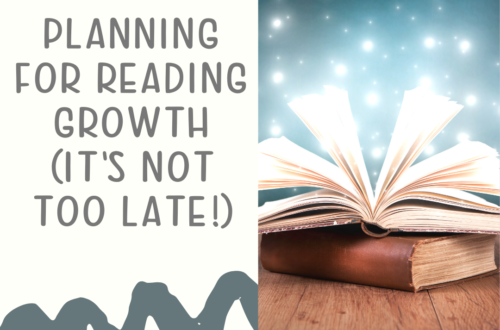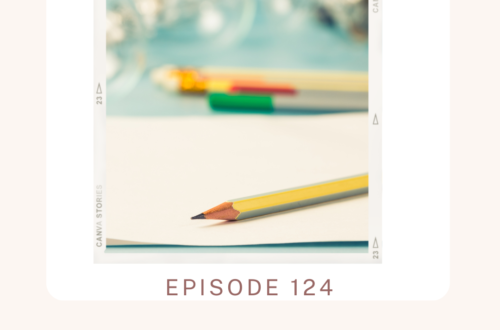
EP 146 Procrastination & Planning
As educators, we often juggle countless responsibilities—from lesson planning to grading, meetings, and managing the classroom. It’s easy to feel overwhelmed, and when that happens, procrastination can creep in, delaying important tasks and adding to our stress. However, with the right strategies, you can overcome procrastination and make the most of your planning time.
In this post, I’ll share some simple yet effective techniques to help you break the cycle of procrastination and boost your productivity.
1. Understand Your “Why”
The first step to overcoming procrastination is identifying the underlying cause. Often, we avoid tasks because they seem too big or daunting, or we fear we won’t do them perfectly. Take a moment to ask yourself why you’re putting off a particular task. Are you unsure where to start? Are you lacking motivation? Understanding your “why” can help you find targeted solutions.
2. Break Tasks Into Manageable Pieces
Large tasks can feel overwhelming, which is why breaking them into smaller, actionable steps can make a big difference. Instead of thinking, “I need to plan an entire unit,” start with, “I’ll outline the first lesson.” Small wins build momentum and help you feel more in control of your time.
3. Set Specific Deadlines
One of the reasons we procrastinate is the lack of urgency. Without a clear deadline, it’s easy to keep pushing tasks back. Create a timeline for your projects with specific deadlines, even for smaller tasks. This helps you stay on track and prioritize what needs to be done first.
4. Incorporate Breaks into Your Planning
It might seem counterintuitive, but incorporating regular breaks into your planning period can boost productivity. Taking short breaks between tasks helps you stay focused and prevents burnout. Try the Pomodoro Technique, which involves working for 25 minutes, followed by a 5-minute break.
5. Focus on Progress, Not Perfection
Perfectionism can be a huge driver of procrastination. We delay starting a task because we want to do it perfectly, but that can hold us back. Remember, it’s better to make progress than to wait for the perfect moment or outcome. Focus on completing tasks to the best of your ability, but don’t let the pursuit of perfection stop you from moving forward.
6. Use Planning Tools
Finally, take advantage of planning tools like calendars, checklists, or project management apps. These tools can help you stay organized and visualize your progress, making it easier to tackle tasks step-by-step.
Work-Life Balance and Stress Management
To round off these strategies, I had the pleasure of working with Trey Browder, a licensed therapist and impact coach, who specializes in helping individuals optimize their productivity and mindset. Trey’s approach to work-life balance and stress management was key in helping me overcome procrastination. His practical tips and actionable strategies reshaped the way I approach both my work and personal life, and I’m excited to share those insights with you.
Conclusion
Procrastination is a challenge many educators face, but with the right mindset and strategies, you can take control of your time and boost your productivity. By understanding the reasons behind procrastination, breaking tasks into manageable steps, and using planning tools, you can create a more efficient and stress-free planning period.
If you’d like more tips or resources to support your classroom and productivity, be sure to visit myadventuresinesl.com/store for helpful materials and lesson plans. Let’s tackle procrastination together and make the most of our valuable planning time!




